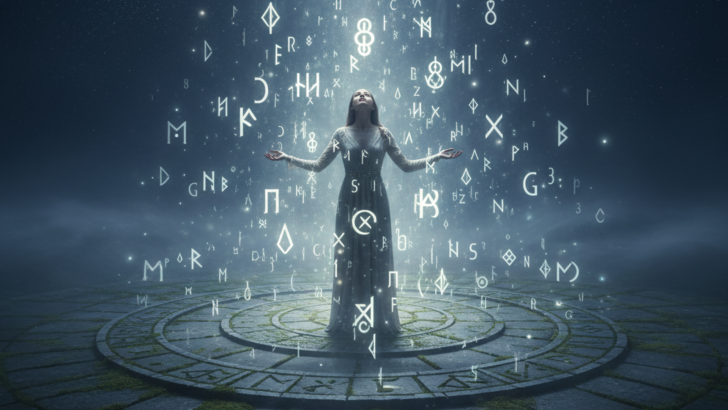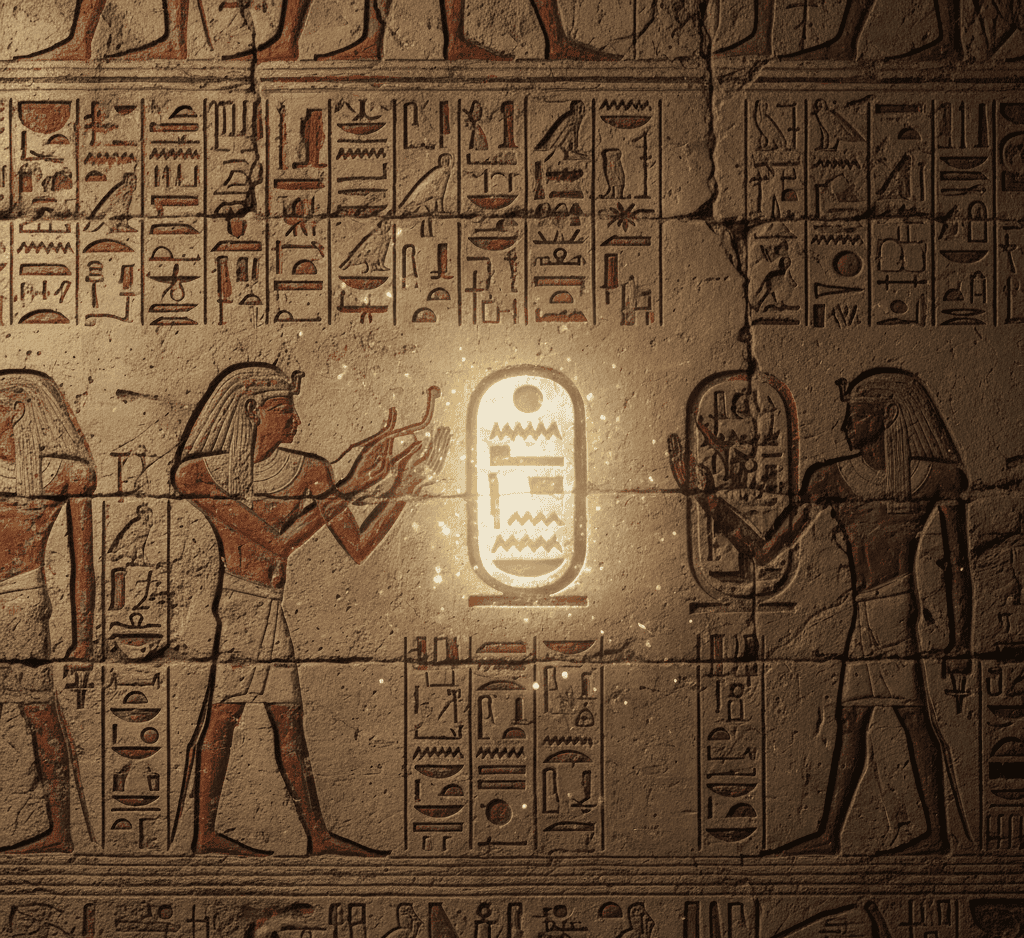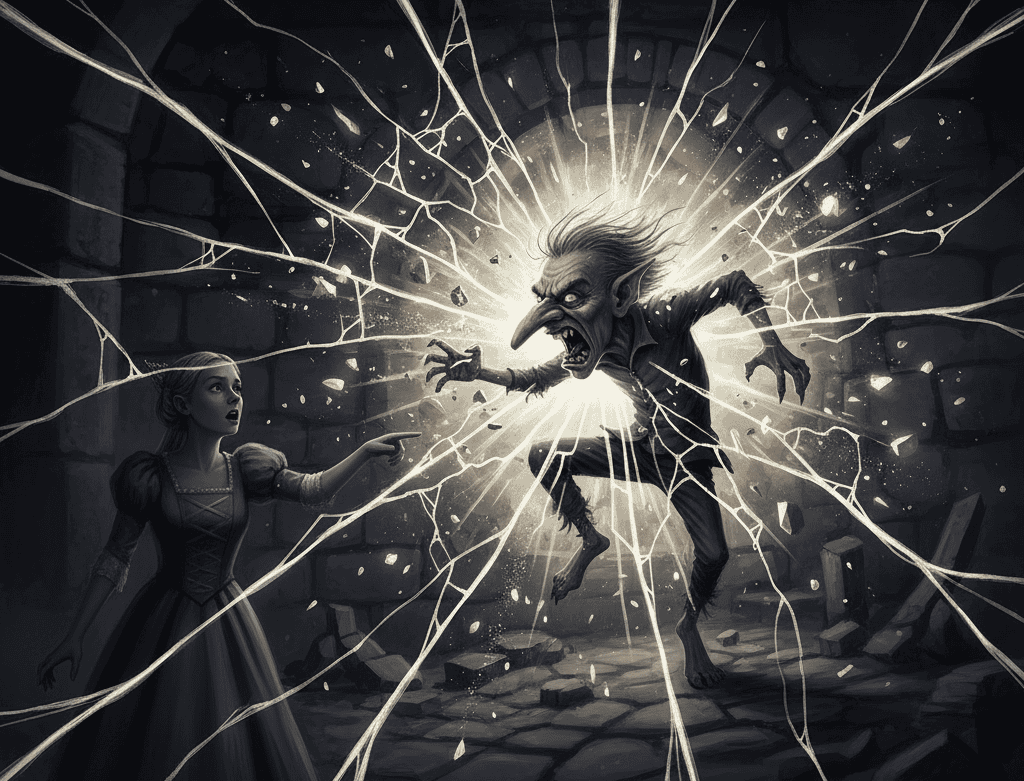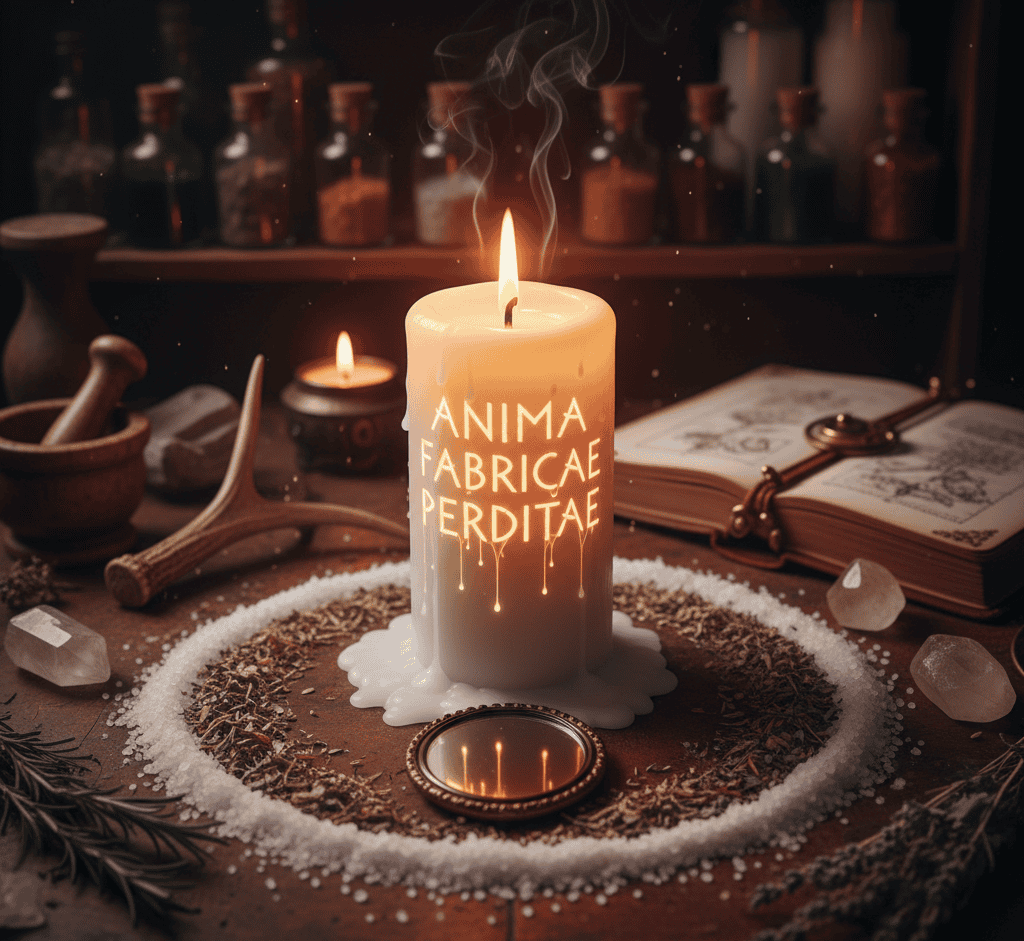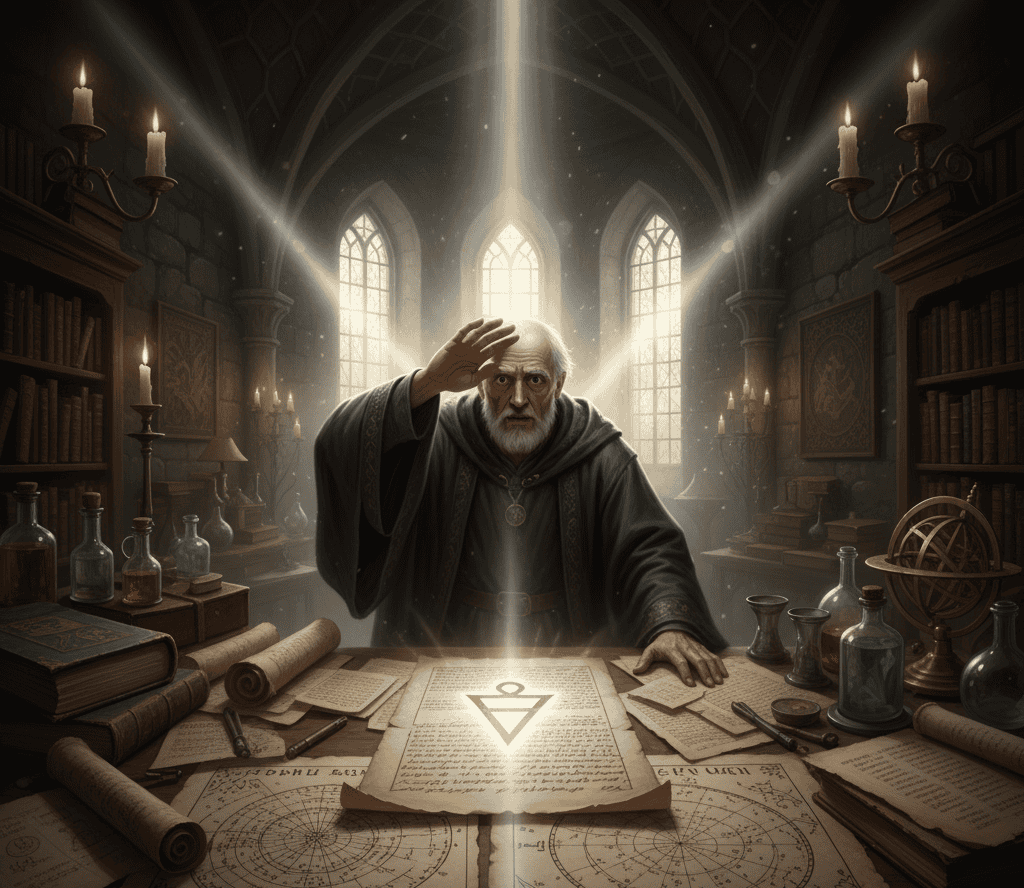In every corner of the world, there are whispers that names hold power. Not just the power to identify, but to command, to protect, or to destroy.
In occult lore, a name is never just a word. It is an echo of the soul, a secret key that can open or close unseen doors.
Long before magic wands and spell books filled stories, knowing the right name of a spirit, a god, or even a person was said to grant power over it.
But how could something as simple as a word carry so much weight?
Let’s step into that mystery and explore why names have always been treated with such awe and fear in the world of the occult.
Why a Name Was Never Just a Label
Today, we use names so casually that it is easy to forget how sacred they once were. In ancient times, people believed that to name something was to give it life.
A child was not truly part of the world until someone spoke their name aloud. To forget or erase a name was to erase existence itself.
In Egypt, for example, names were believed to carry a person’s essence. The hieroglyphs carved on tombs were not only decoration – they were protection.
This idea, that a name is tied to one’s soul, is found again and again across cultures.
In occult practice, this belief deepened. Magicians, witches, and scholars began to treat names as tools of power.
If you knew the true name of a spirit, you could summon it. If you knew the secret name of a god, you could call upon its favor.
If you discovered the hidden name of your enemy, you could curse them without ever being near. Words became weapons, and names were the sharpest of them all.
The Danger of Knowing and Being Known
The power of a name cuts both ways. Just as you can use it to command, it can also be used against you.
That is why so many magical traditions warned their followers to guard their names carefully.
In old European witchcraft, it was said that a witch’s true name was kept secret from everyone but her closest kin or her familiar spirit.
She might use a nickname or a title in public, but never the real one. To reveal it was to hand someone a piece of your soul.
The same fear appears in fairy tales and folklore. Think of stories like Rumpelstiltskin, where knowing the creature’s true name breaks his power completely.
Or the old Irish belief that if fairies learned your name, they could call you into their realm and you would never return.
In the world of the occult, knowledge is control, and nothing gives more control than knowing a name.
Even witches feared the names of higher beings. Saying the wrong one without proper preparation could summon something you were not ready to meet.
Some old magical books warn that certain names should never be spoken aloud. Instead, they were written in symbols, known only to those who had earned their right through study or spiritual trial.
It is a fascinating paradox: the more powerful the name, the more dangerous it becomes.
To know it is to hold power. To speak it without understanding is to risk being consumed by it.
Names That Create and Destroy
The connection between words and creation runs deep. In many traditions, the world itself began when a divine being spoke its name into existence.
In the Hebrew Bible, God speaks and the universe forms. In Egyptian myth, the god Ra creates through the power of his secret names.
Even in modern language, we say things like “speak it into being,” not realizing we echo the oldest magic of all.
In occult belief, this creative force can also work in reverse. Just as a name can build, it can break. To curse someone by name is to direct energy at their very essence.
That is why so many protective charms and blessings use the repetition of names – to reinforce the shield around the self.
In witchcraft, names were often inscribed on candles, written in herbs, or carved into talismans.
Each letter, each syllable, was a thread of energy connecting the spell to the target. Some witches even used symbolic names, “craft names,” that represented their magical identity.
These names acted like armor, protecting their true self while allowing them to work freely.
The act of naming, in other words, was not passive. It was creation, destruction, and transformation all at once. To name something was to shape reality itself.
The Secret Names of Spirits and Gods
One of the most fascinating parts of occult lore is the obsession with discovering the “true names” of divine beings.
Ancient magicians believed that every spirit had two names: one public, one hidden. The hidden name held the real power.
Knowing it allowed you to summon, command, or even banish the being entirely.
In the Middle Ages, scholars and alchemists tried to uncover divine names through complex calculations and coded texts.
They believed that by saying these names, they could unlock the secrets of the universe.
Even demons and darker spirits were said to have hidden names that granted power over them. Knowing a demon’s true name could banish it back to the abyss.
That is why exorcists often demanded the name of the spirit possessing someone. Once spoken, it could be controlled or cast out.
The obsession with names shows how people understood the universe: everything living, visible, or invisible, had an identity that could be accessed through language.
The Power of Your Own Name
We might not believe in summoning angels or binding demons anymore, but the idea that names carry energy still lingers.
When someone says your name softly, it feels different than when they shout it in anger. A name can comfort, command, or cut deep.
It reminds you that words still shape how we see ourselves and others. In a way, the witches and magicians of old were right.
Names do have power. They remind us who we are, and they can change how the world responds to us.
Even choosing a new name can feel like stepping into another version of yourself.
The hidden power of names in occult lore is really the story of human belief in connection. We have always wanted to understand the link between sound and spirit, between word and world.
The ancients might have seen that link as magic, but perhaps it is simply the truth that language shapes everything.
So the next time someone calls your name, think about what that really means. In that small sound lives identity, memory, and energy.
Maybe, just maybe, that whisper of power is still a little bit magical after all.

私は生まれたときから、常に神との強いつながりを感じていた。作家として、また指導者として、私の使命は、人々が最も暗い時代に愛と幸福と内なる強さを見つけるのを助けることである。

